Top Tips For Recovering From a Half Marathon (With Tips from Running Coaches)
- July 27, 2022
- Last Updated: November 24, 2023
- 0 Comments
- Running
Looking for tips for recovering from a half marathon? Whether it’s your first 13.1 or your 10th, these science-backed tips from running coaches for recovering from a half marathon will have you back in tip top shape in no time.
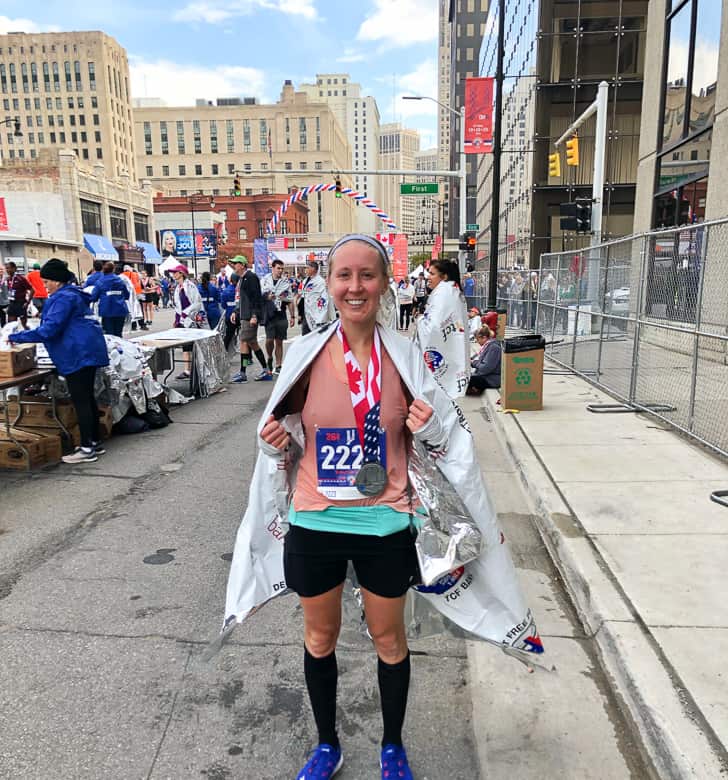
As an Amazon Associate, I may earn from qualifying purchases. You can read more here on our Disclaimer and Privacy Page.
Personally, half marathons are one of my favorite distances. I feel they are very much overshadowed by full marathons (and now ultradistance events), but a 13.1 can be the perfect combination of thrilling, challenging, and fun!
When I am training, I love to share what to eat for a 20 mile run.
I think it’s important to show what a normal relationship with food can look like, and how normal, consistent eating plays a role.
While I’m no running coach, I’ve reached out to several certified running coaches to provide some insight on how they explain post half recovery to their athletes and what to do after a half marathon for optimal recovery.
Their insights will be sprinkled throughout this post.
In This Article
While race day nutrition is certainly important, your day in and day out nutrition habits will take you far.
Many of my clients are undereating as it is, so sharing what to eat on a long run day can be helpful.
Recovering from a half marathon is similar. When thinking about how to recover from a half marathon, a proper combination of rest, nutrition, stretching and foam rolling is key!
While your half marathon recovery is the topic of this post, your half marathon nutrition plan can play into that.
In other words, assuming you ate enough beforehand and during the race will help your muscles and body recover better.
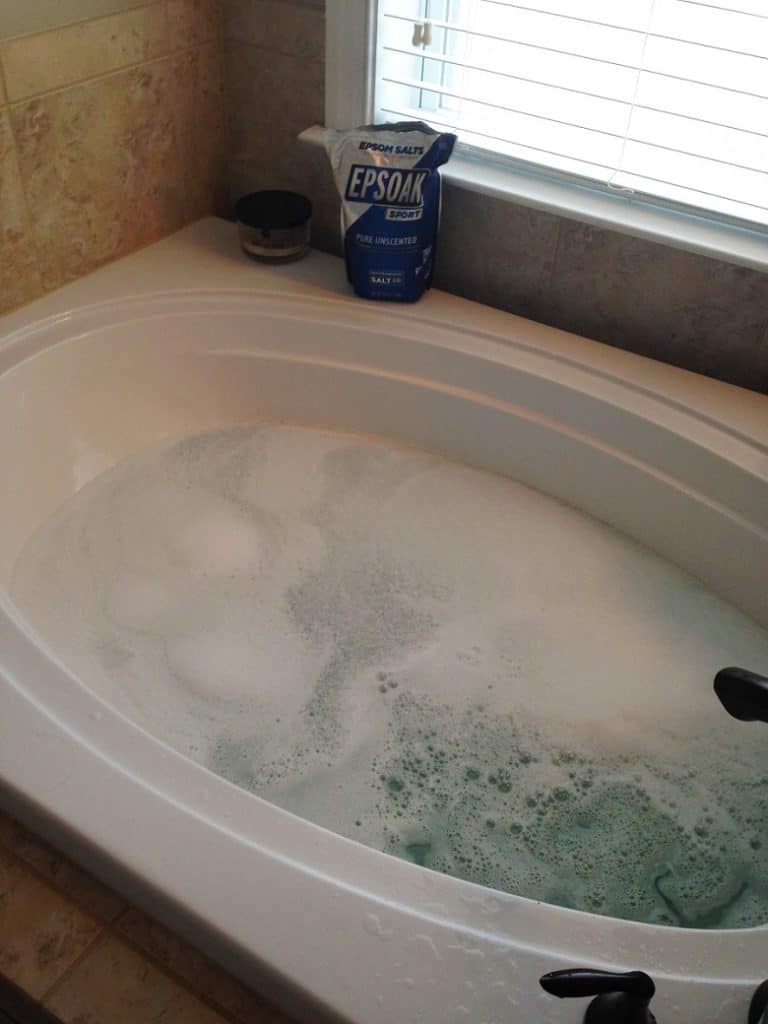
Nutrition Tips for Recovering from a Half Marathon
Nutrition plays a very crucial role in recovering from a half marathon.
A sample long distance runners diet plan can provide perspective into “normal” amounts for meals and snacks, but we will all have individual needs.
Similar to the way you would hone in on your recovery after a marathon, you should also be thinking about how to recover from a half marathon.
Here are some key nutrition points to include when recovering from a half marathon.
Immediate Post Half Marathon Recovery: Focus On Carbs, Protein and Fluids
“When recovering from a half marathon, it’s important to refuel your body as soon as you are physically able,” says sports dietitian, CSSD, Jill Merkel.
“After the race, consume a snack or meal containing carbohydrates and protein as soon as possible.”
Jill Merkel, sports dietitian
Some examples of easy recovery meals/snacks include:
- chocolate milk
- greek yogurt smoothie
- eggs and toast
- deli sandwich or burger
- string cheese with a banana
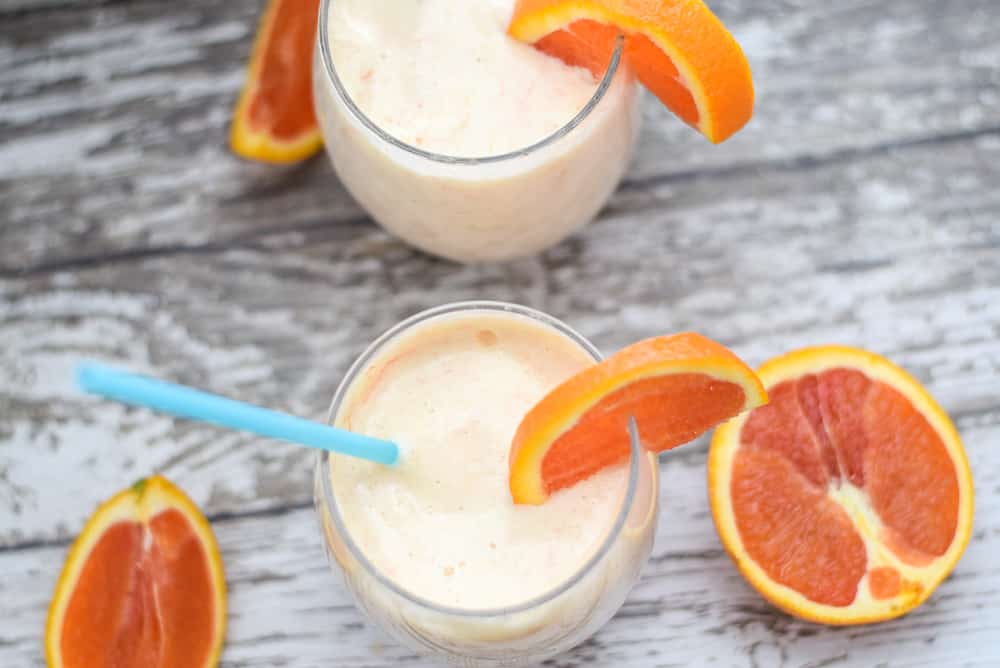
All of these combinations include carbohydrates and protein. The carbohydrates help replenish the lost glycogen stores in your muscles, while the proteins help rebuild your muscles that were broken down.
Together, they transition you from a state of catabolism (break down mode) to anabolism (build up mode), which is important for jump-starting recovery.
And then, stay consistent with eating carbs and protein throughout the day.
“You’ll want to continue to eat or drink something with calories every couple of hours for the rest of the day to refuel, recover, and rehydrate your body,” Merkel continues.
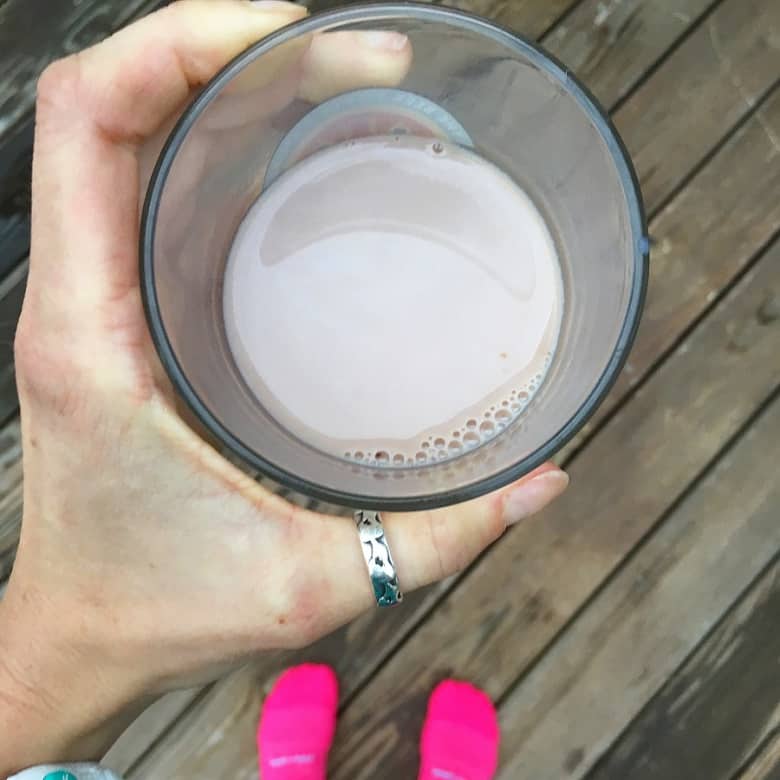
Carbohydrates
As previously stated, after endurance exercise, carbohydrates are necessary for glycogen repletion, or replenishing your liver and muscles with glucose to store for later.
Your half marathon diet plan should have included a plan with more carbohydrates than your normal, day in and day out plan.
This is because you’re asking more of your body for performance and recovery, so more carbohydrates are warranted.
Ideally, within an hour after the half marathon, you are able to get a post-run recovery meal in.
The recommended range of carbohydrates for the first four hours after the race is 1-1.2 g/kg/hour.
For a 150 lb athlete, this looks like 68-80 grams/hour for the first four hours.
This can be met through liquid sports nutrition and sports drinks, fruits and vegetables, bagels, pasta, smoothies, etc.
Daily recommendations for endurance athletes then range between 6-10 g/kg/day.
For speedy refueling techniques, consuming consistent, balanced meals and snacks is recommended.
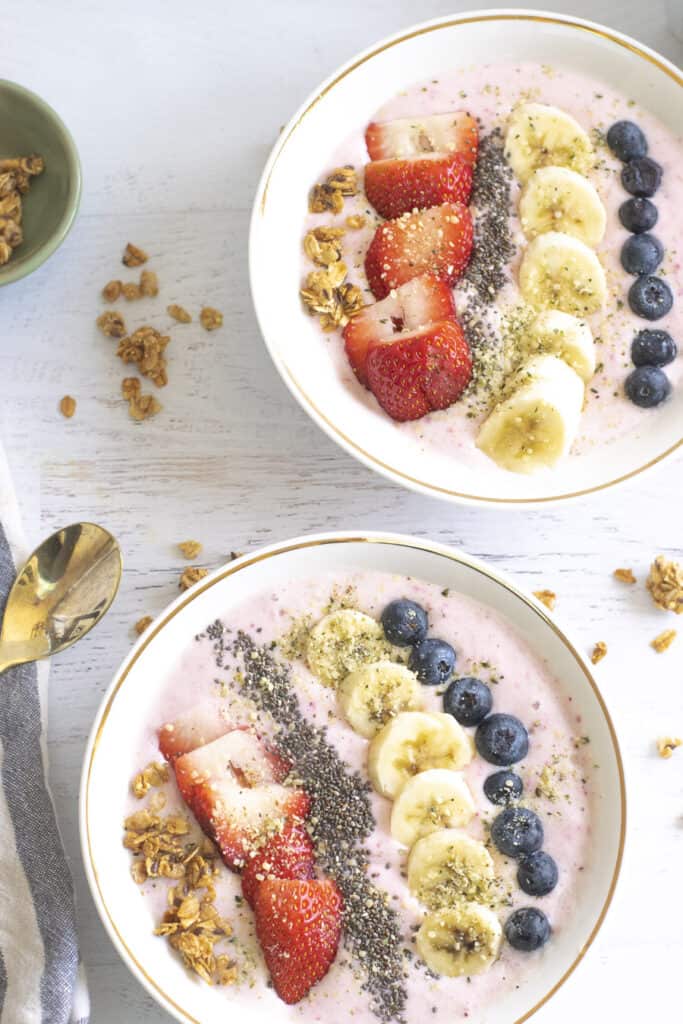
If looking at the performance plates, the moderate to high intensity plates would apply, especially on race day.
Food sources of carbohydrates include grains, potatoes, sweet potatoes, fruits, starchy veggies, dairy, breads, baked goods, pasta, legumes and lentils.
Protein
Protein after endurance exercise is very important for several reasons.
Firstly, ingesting protein and amino acids (especially leucine) helps move the body from body breakdown mode to an anabolic state.
In other words, it helps repair those muscles you’ve broken down during the race. And, it starts the muscle rebuild process, which is how we get stronger and faster.
Protein for runners is actually quite important, especially from a recovery standpoint.
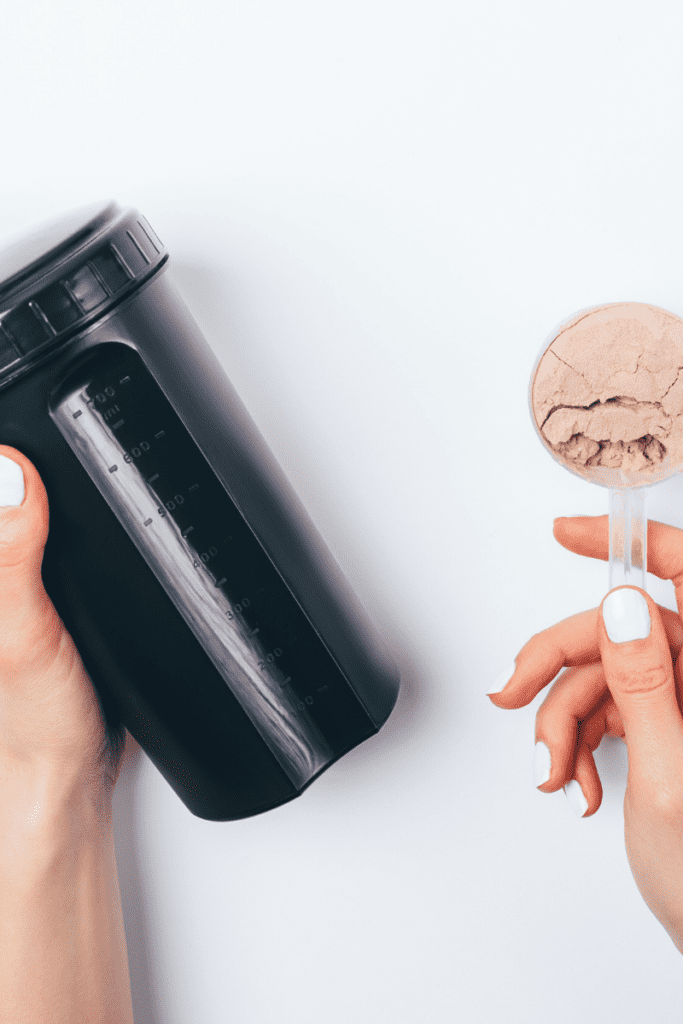
Current data suggest that dietary protein intake necessary to support metabolic adaptation, repair, remodeling, and protein turnover generally ranges from 1.2 to 2.0 g/kg/day. We want to spread this amount throughout the day.
Newer recommendations also highlight that the muscle adaptation to training can be maximized by ingesting about 0.3 g/kg of body weight after key exercise sessions, and continuing every 3 to 5 hours over multiple meals.
This generally translates to 20-40 grams per meal for most adults. You want to be consistent, though.
Get that range for each meal, and include protein-rich ideas in your snacks too!
Here are some of our favorite healthy snacks for athletes.
Protein-rich food ideas for athletes include meat, jerky, eggs, poultry, soy foods, dairy products, protein powder, beans, legumes, whole grains, seafood, and protein-enriched pastas.
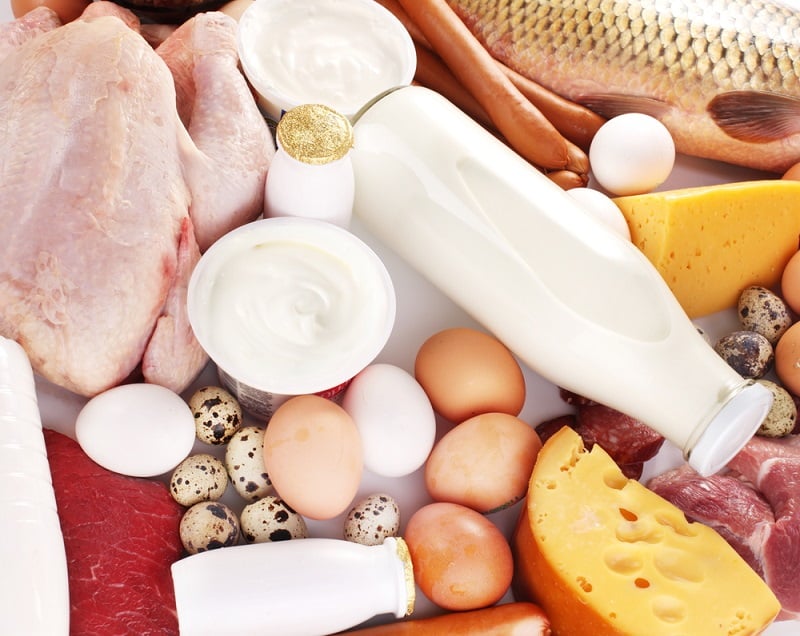
Fats
While we don’t talk much about fats during the process of training and fueling during exercise, they come into play for your daily diet and definitely for recovery.
Healthy mono- and polyunsaturated fats, such as fatty fish, nuts, seeds, avocados, olive oil and tofu products can be great for reducing inflammation associated with high volume training and racing.
Fluids
- Water – Replacing lost water and fluids during the race is important, and sometimes, it takes days to regain fluid balance, especially if you’re a heavy sweater or salty sweater runner. The weather may influence this too. Continue drinking fluid regularly after the race, and throughout the rest of the day and the following days. Aim for a light-yellow urine color and include electrolytes as needed.
- Electrolytes – Electrolytes for runners are important in the rehydration process, since they help your body absorb fluids, which can help with recovery and delivering nutrients to muscles. While there are several electrolyte supplements you can take (UCAN and Skratch are two I enjoy), eating sodium-rich foods can also be helpful!
- Tart Cherry Juice – After any exercise, but long endurance exercise especially, we are dealing with inflammation in the body. While short-term inflammation is a positive thing, if we let it be chronic or don’t deal with it, it can cause more damage. The anthocyanins in tart cherries have been shown to reduce inflammation and oxidative stress, reduce muscle damage and provide pain relief.
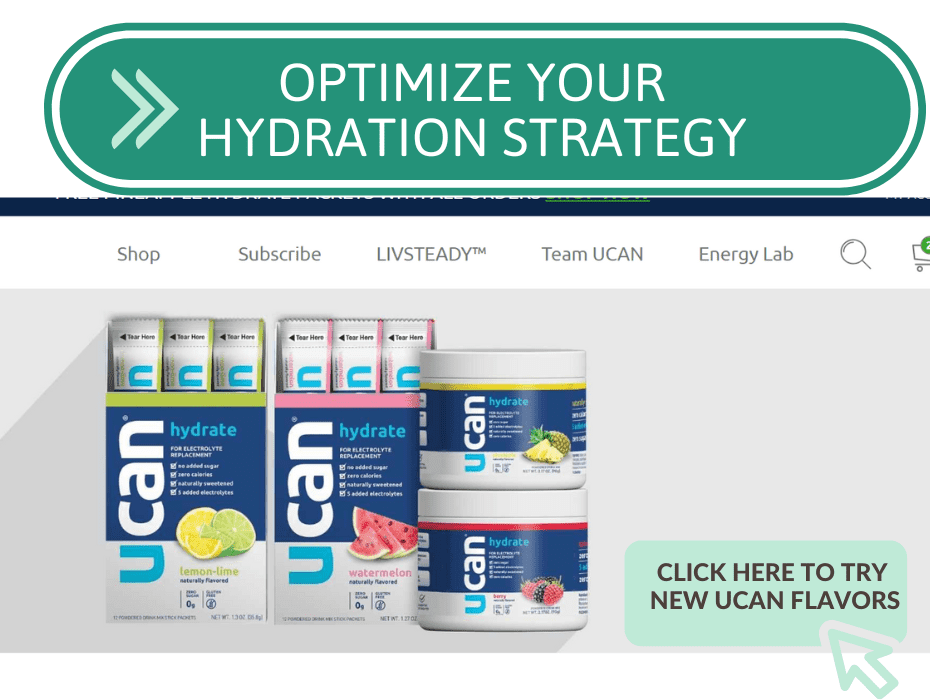
It can be as easy as adding tart cherry juice to your smoothie or smoothie bowl (this protein powder includes tart cherry), snacking on dried tart cherries, or adding them to granola, salads, etc.
I also add tart cherry juice to my tart cherry gummies!
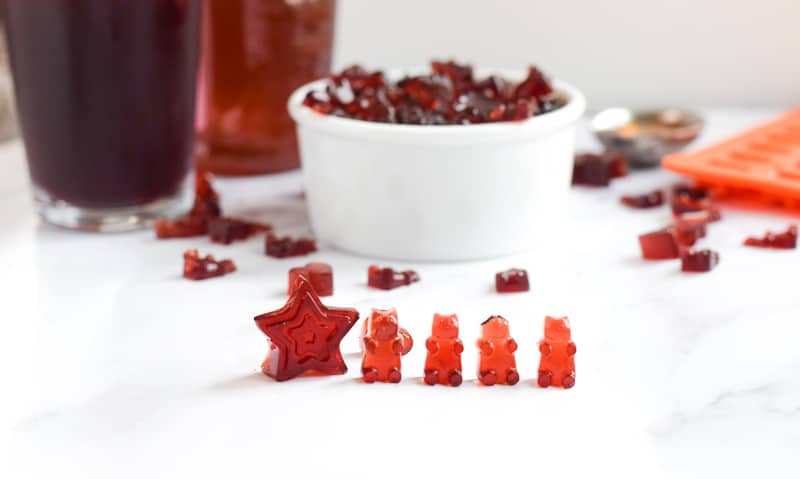
Antioxidants
Antioxidants are natural or artificial substances that can delay or prevent any cell damage that may be caused from free radicals.
Exercise can be a source of free radicals. If we don’t have something to counter the oxidants (which is what anti-oxidants do), these free radicals can cause inflammation in the body.
Vitamin C, Vitamin E, beta-carotene and selenium are commonly known for their antioxidant properties. Other compounds, including phytochemicals and anthocyanins, also offer antioxidant properties.
Foods such as berries, sweet potatoes, grapes, oranges, tomatoes, spinach and beans are some high antioxidant foods. We have several recipes that include all of those ingredients!
Some of my favorite ways to incorporate protein + antioxidants are through zucchini and sweet potato fritters and pumpkin chicken crockpot chili.
While supplements are far from a one-fits-all recommendation, there are some that can be helpful for reducing inflammation for athletes.
Here are some of the top supplements for runners we recommend. As always, talk to your care provider or dietitian for personalized advice!
How Long Does it Take to Recover From a Half Marathon?
It may take 1-2 weeks to fully recover from your half marathon, though proper rest and recovery, eating properly and even some supplements may help speed up recovery.
Your half marathon recovery time will depend on many factors, including your training status, your nutrition, hydration, and how sore you are.
It’s normal to feel some heaviness and tightness after running a half marathon, especially if you PR’ed, or were focused on a speedy finish.

Other Recovery Tips After Your Race
Kelly Maurer, a running coach with Charm City Run, states that the biggest question she gets as a running coach post race is “what do I do post half marathon for recovery?”
“It is important to understand that allowing your body and your mind to recover from your race is just as, or even more important than the training that went into the race,” she says.
“Your training is not over until you start your recovery program, which starts as soon as you cross the finish line.”
Maurer goes on to explain that having a post race recovery protocol will help to speed up your recovery.
Compression socks offer the benefits of increased circulation to the tired muscles and can help reduce the swelling, which may be an important tool for many runners, new and seasoned. I also love them as a stocking stuffer for runners, so practical!
When combined with other treatment methods, such as Epsom salt baths after running, ice baths, foam rolling, or a post-race visit to your physical therapist, all can help the healing process.
Your recovery can be a holistic accumulation of various products, supplements and practices to ensure you feel your best.
“Your recovery is like your training plan, it will be different for everyone, but if you take care of your refueling, sleep and sore muscles, you will be on your way to better recovery.”
Kelly Maurer, Charm City Run
If you’re looking to do a recovery run after your half marathon, make sure to talk with your running coach first. A running schedule after a half marathon is depedent on the person.
You’ll also want to see how your legs are feeling.
Those who are more trained may be able to return to running post half marathon sooner. They may feel less muscle pain and/or soreness, which can make a difference in recovery and energy.
- Massage – A study of 46 male runners who ran a half marathon found that cold immersion therapy and massage were more helpful for restoring fatigue measures and muscle soreness than passive recovery. Active recovery was found to be disadvantageous.
- Sleep – Don’t skimp on sleep as part of your rest after a half marathon. Sleep deprivation will affect performance, recovery, mood, immunity and more!
- Rest – Complete rest days will also help your body recover quicker, in that it can stock up glycogen stores, restore energy, gain hydration and normalize hormones and stress hormones.
- Light Movement – Also known as active recovery, may have advantages and disadvantages depending on the runner and situation. Talk with your running coach and keep in mind what your future training looks like when considering active recovery and returning to running quickly.
More Half Marathon Posts:
Support Bucket List Tummy



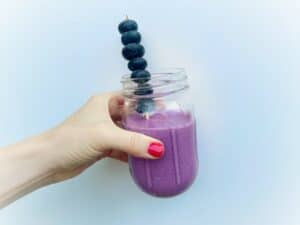

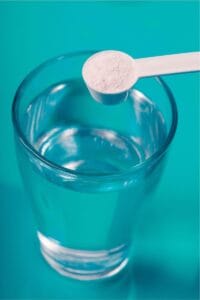

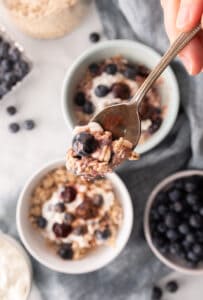

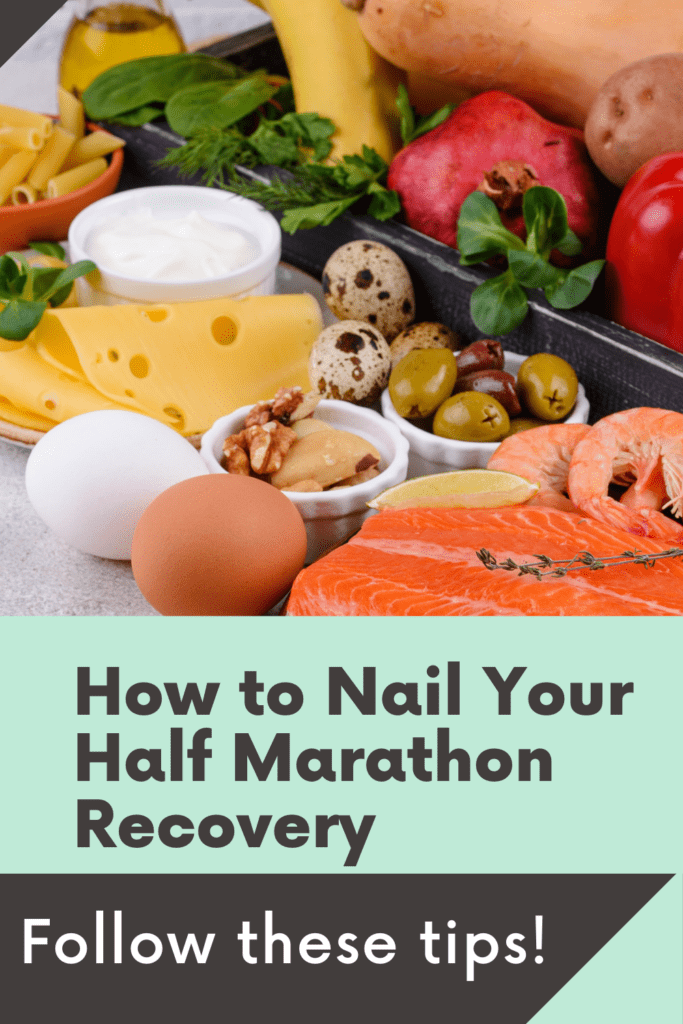
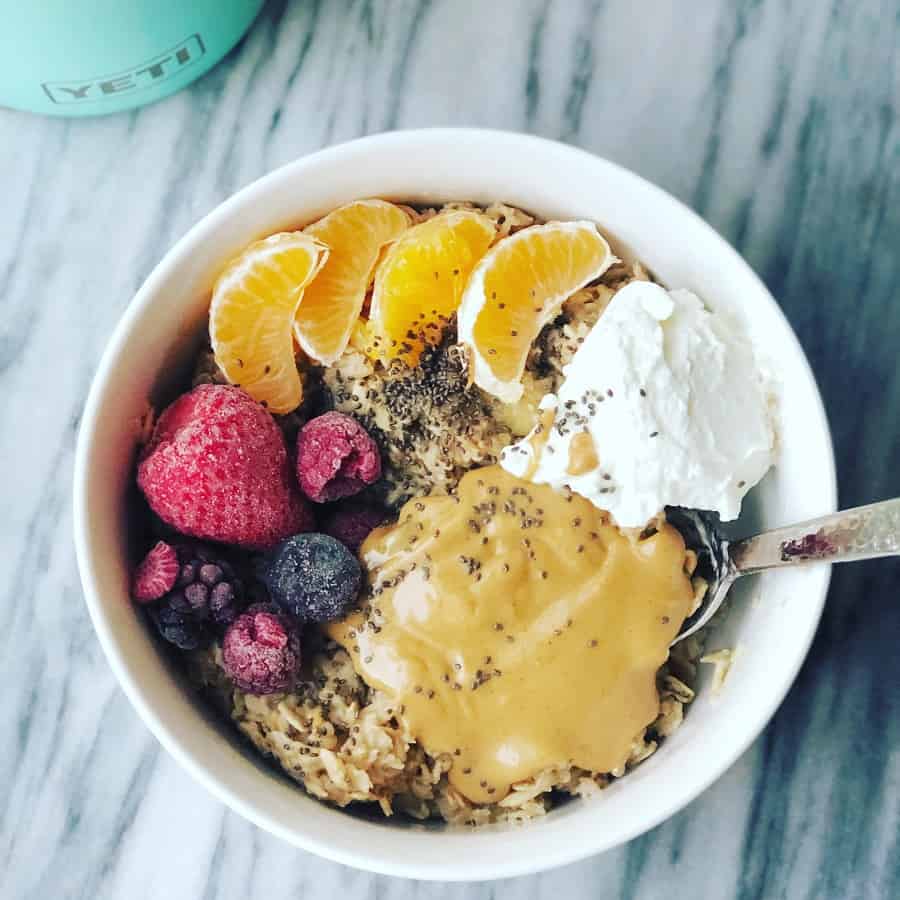


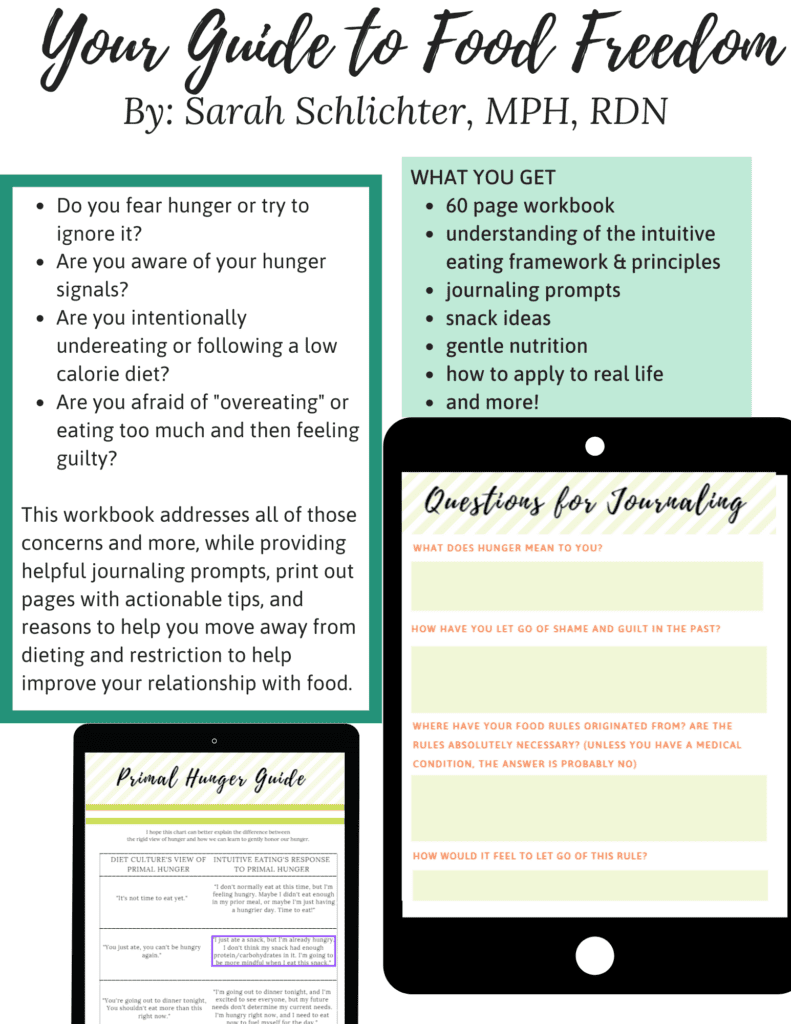







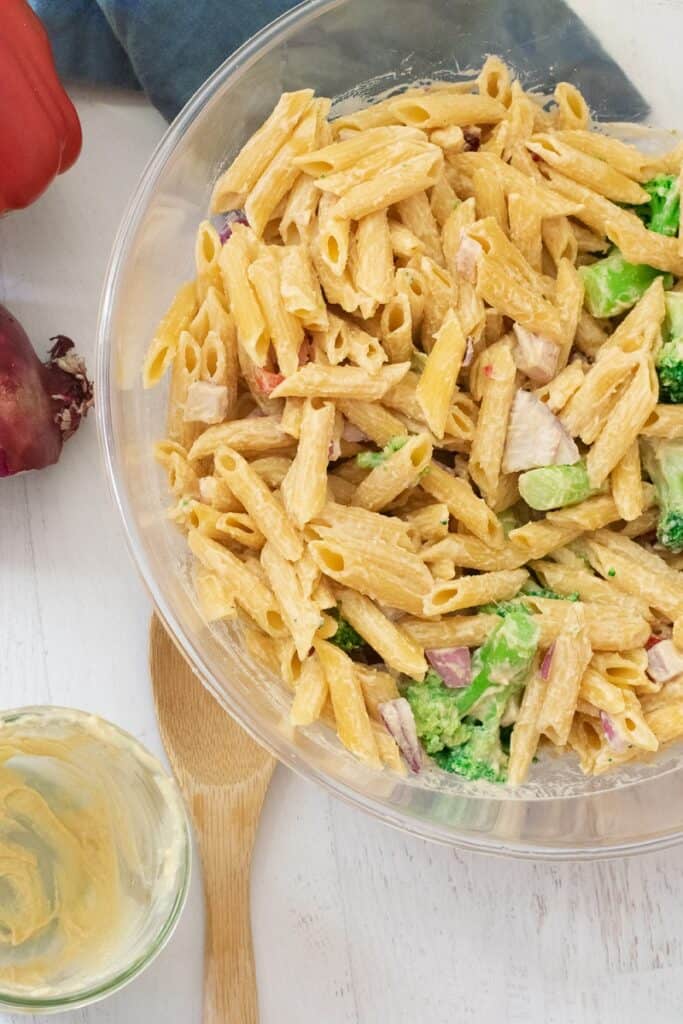

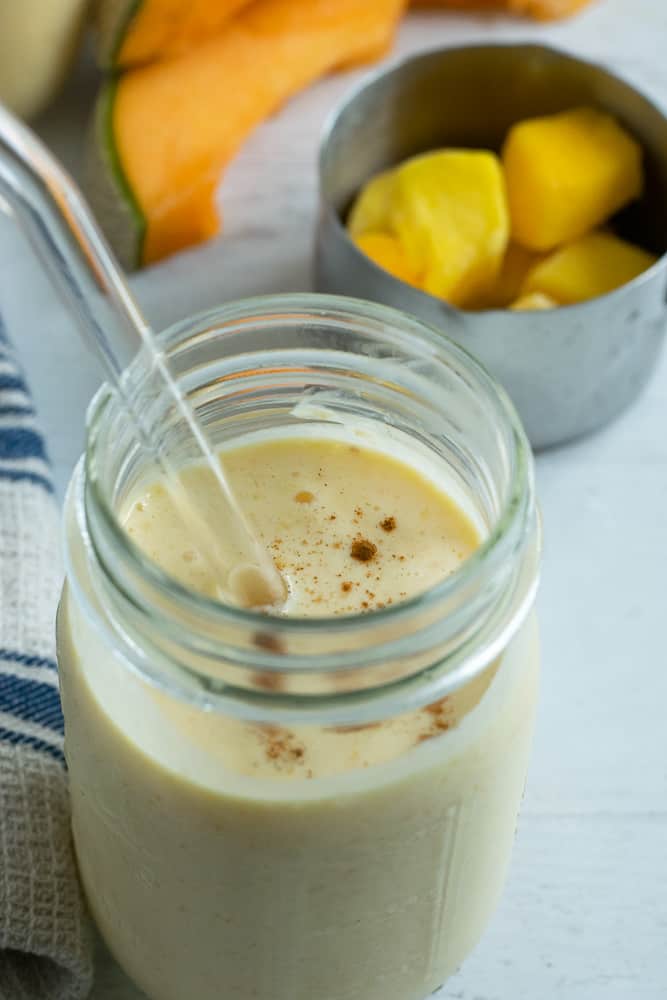

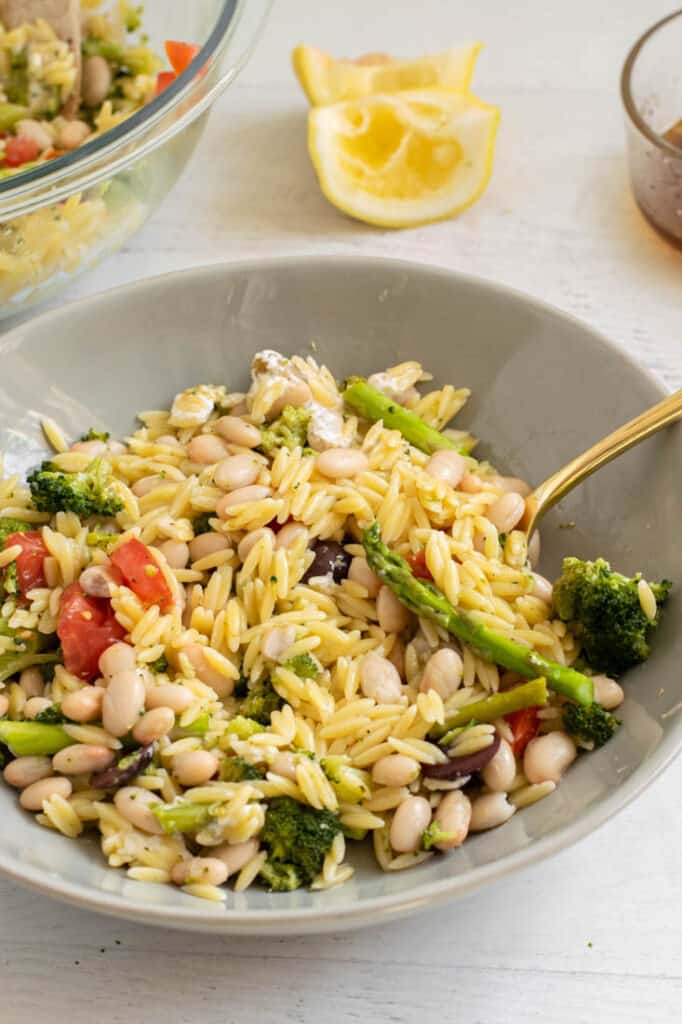
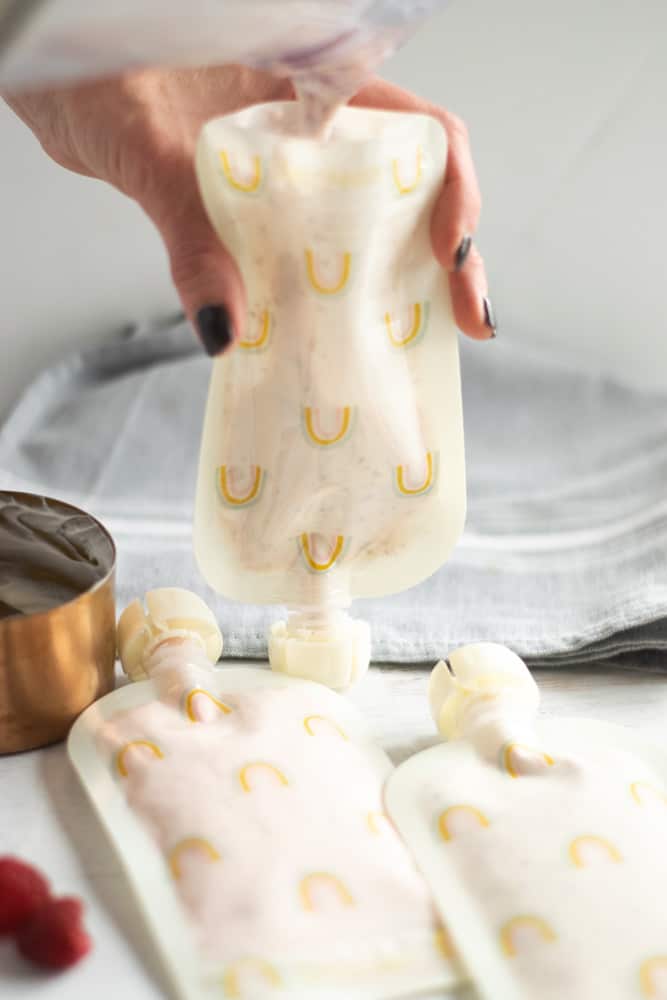
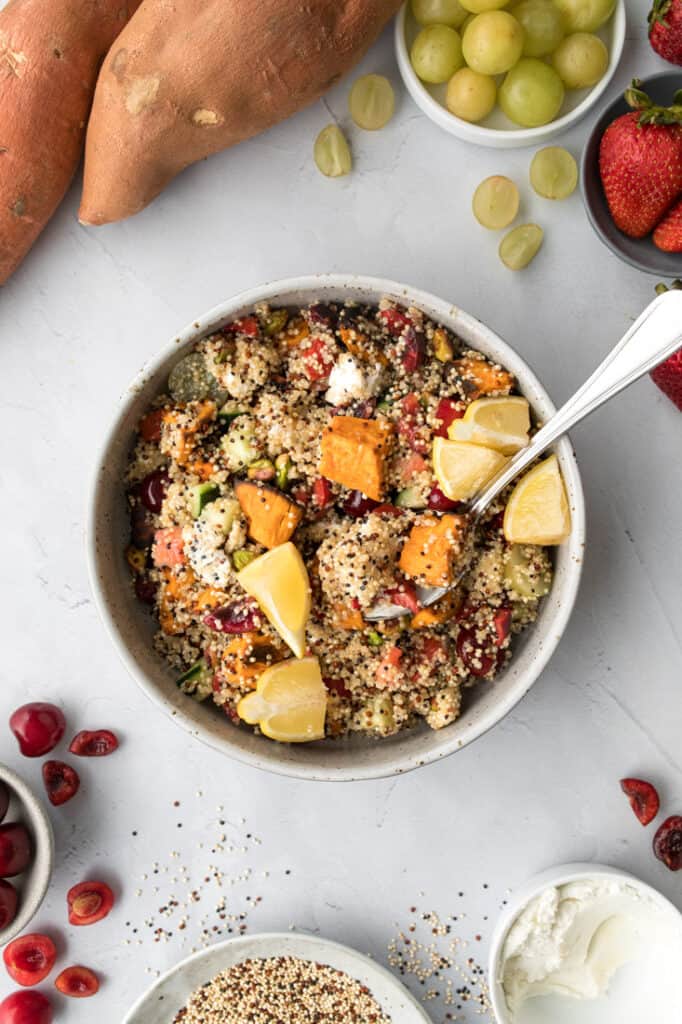


Like This Content?
Support Bucket List Tummy